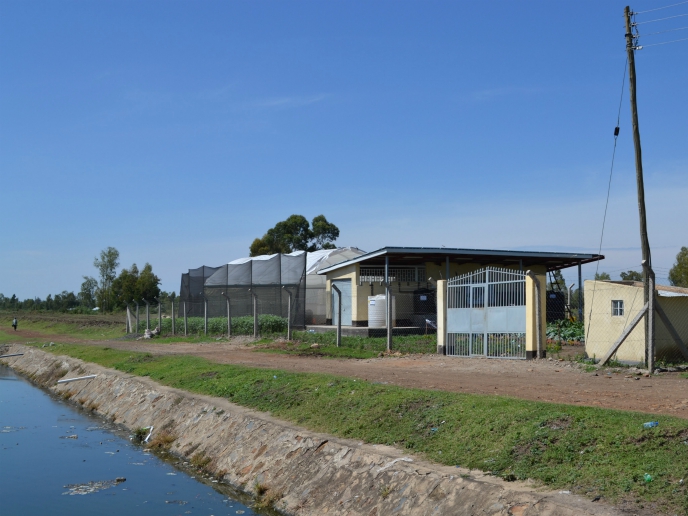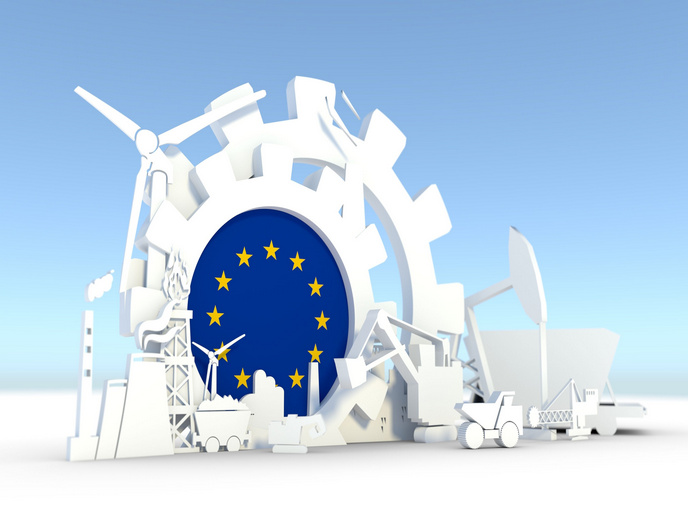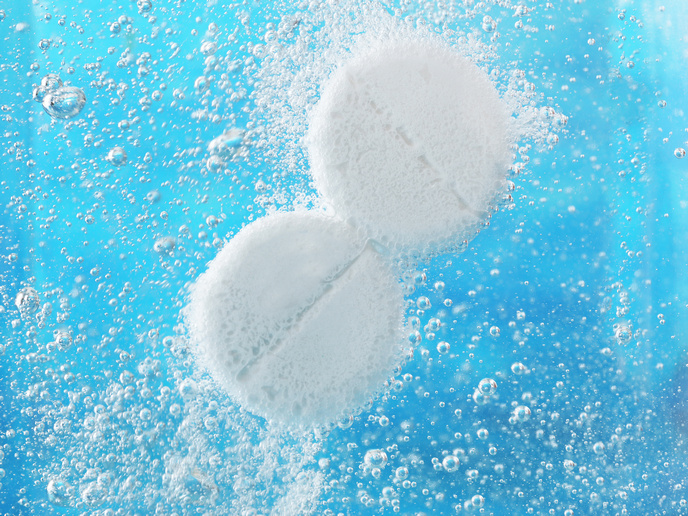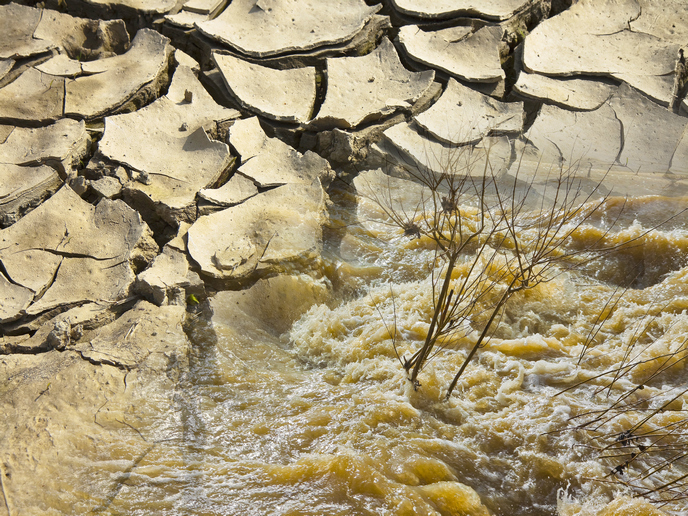Wastewater treatment and aquaculture combine to breathe new life into the Lake Victoria region
Shared by Kenya, Tanzania and Uganda, Lake Victoria is the largest inland fishery in the world. Its resources provide food and livelihoods for several million people and water for major urban areas. Rapidly increasing population and urbanisation are already threatening this important ecosystem, and global climate change poses additional challenges. The EU-funded VicInAqua(opens in new window) project addressed these pressing issues. Eleven partners from seven African and European countries developed an integrated approach to aquaculture and water management in the Lake Victoria region that will simultaneously protect the environment, enhance fish productivity and increase freshwater availability.
Fishy business
Lake Victoria is facing multiple threats to its fish and water supply. As the demand for food has increased, the fish processing industry has been growing, resulting in overfishing and pollution. Overfertilisation has increased the levels of nitrogen and phosphorus, resulting in rapid spread of the highly invasive water hyacinth that now covers large portions of the lake’s surface, impeding fishing boats. Insufficient treatment and direct discharge of municipal and industrial wastewater have increased the quantities of living organisms competing with fish for oxygen, further decreasing fish stocks. Aquaculture is gaining importance in providing the growing population with protein, but traditional aquaculture in ponds requires large quantities of water. Recirculating aquaculture systems (RASs) use only a fraction of the water to produce the same amount of fish. VicInAqua took this idea and made it even better, using treated domestic wastewater to supply a RAS in the Lake Victoria region. According to project coordinator Jan Hoinkis of Karlsruhe University of Applied Sciences(opens in new window), “the pilot built in Kisumu, Kenya, combines an innovative membrane bioreactor (MBR), utilising commercial and custom-developed anti-fouling membranes with a RAS. The RAS, located next to a wastewater stabilisation pond, can recirculate 90-95 % of its water volume. The MBR and RAS are integrated with smart monitoring technologies and renewable energy sources.” The MBR-treated water is used for irrigating a variety of local vegetables and natural by-products are used as fertilisers in agriculture.
Sustainable impact
A RAS requires little land, can be used close to home, and is perceived as far less dangerous than capture fishing in the eyes of the local community. As a result, women are much more involved. However, despite their leading role, issues concerning women and gender are largely absent from the conversation. VicInAqua conducted several roundtables and developed a roadmap(opens in new window) to foster better integration of women in aquaculture through participatory consultations. “Thanks to partnership with DALF(opens in new window) (Department of Agriculture, Irrigation, Livestock and Fisheries of Kisumu County, Kenya), the pilot plant will be maintained and operated as a training and demonstration facility, constituting a sustainable legacy,” says Hoinkis. The team has prepared handbooks to help stakeholders with daily use(opens in new window) and maintenance(opens in new window) of the technologies. Since the pilot plant has RAS capacity 4-5 times greater than originally planned, its operation will significantly reduce pollution, enhance fish production and improve food security in the region. Hoinkis concludes: “Teamwork, openness and mutual understanding can go a long way in facing challenges and overcoming obstacles. And they are urgently needed in society today.” Luckily for millions, VicInAqua is proof that he is right.







